BEER TASTING MENU – 900,- CZK / person
Appetizer:
Beer brandy and selection of marinated cheese with beer pretzel + BLONDGOTT – unpasteurized lager from our micro-brewery
Main course:
The Brewmaster´s grilled pork steak with potato confit in lard and strong beer sauce + OLDGOTT – semi-dark lager from U Medvídků brewery
Dessert:
Extra chocolate beer cake made using our beer wort, decorated with whipped cream and orange + XBEER-33 – the strongest beer of the world
Brew your own beer!
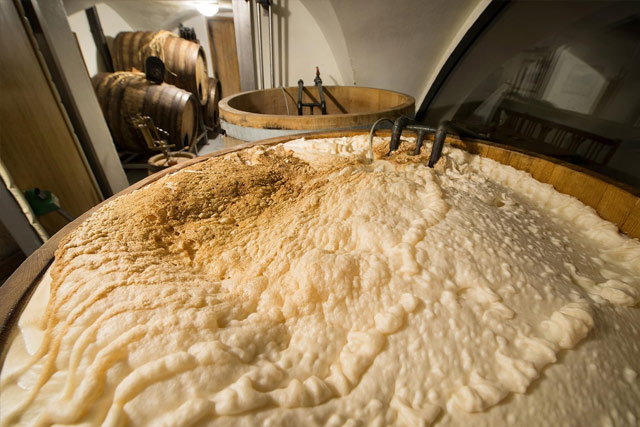
1466
– unfiltered, unpasteurized lager from a microbrewery U Medvidku. The name is derived from the founding of the brewery U Medvidku and also determines its gravity – 14.66 °. Significant gravity is achieved double hopping.
Alcohol content: 6,1 %
Medvídkovské bílé (White)
– unfiltered, 12° wheat beer, brewed according to a mediaeval recipe
Alcohol content: 4,7 %
Medvídek (Little bear)
– unfiltered, 15° special light beer with secondary fermentation in oak barrels
Alcohol content: 6,2 %
X-BEER 33
– the strongest beer in the world, semi-dark lager which is fermented in oak barrels for a period of 200 days
Alcohol content: 12,6%
Fall brew (autumn special)
– unfiltered, 16° beer, special dark beer with plum flavour
Alcohol content: 6,5%
Valentýn
– unfiltered, lovingly mysterious lager. Valentýn has a wonderful red colour, a pink head and a full honey-like flavour. This unfiltered lager was first available for tasting on 10 February 2010 and was very quick to find its fans amongst the ladies present and all beer connoisseurs – not just those in love.
Alcohol content: 5,0%
Beer ice-cream
– our original ice-cream with its unmistakeable flavour, made from our Oldgott lager. Only available at U medvídků.
Alcohol content: 5,2%
Brewery history:
The history of the “U Medvidku” building goes back to the beginnings of the 15th century. The house was named after one of its first owners, mr. Jan nedvídek, who founded the brewery in 1466 and manufactured beer until 1898.
Afterwards, the owners of the brewery houses could not compete with the newly-built industrial breweries; therefore, they closed their small breweries and founded the town brewery in hole•ovice. Mr. Karel vendulak, the last brewer, became the first director of the brewery. The brewery was rebuilt into one of the largest alehouses in prague, featuring prague’s first tingl-tangl /cabaret/ at the beginning of the 20th century. In the nineteen-fifties, the premises was taken away from its owners, without any compensation, by a socialist government. The house deteriorated until 1989, and it wasn’t until after its return to the inheritors of the original owners that the premises underwent vast reconstruction, during which the alehouse was extended and a stylish hotel was built.
The last stage of the reconstruction was completed in 2005, when the original malt house was rebuilt as the “house of beer” featuring a brewery store, congress hall and mini-brewery. The first brewing batch was symbolically finished on november 17, 2004, exactly 15 years after the “Velvet” revolution in the czech republic.
Our goal is not to manufacture the most beer, but to show the manufacturing process at its best, including procedures and equipment no longer in use today, such as stock cooling, open fermentation tanks, wooden lager barrels, and manual racking into bottles with patented caps. This is why the smallest restaurant
brewery in the Czech Republic was created, to have a maximum annual sales volume of 300 hectoliters of the 13-degree strong beer called OLDGOTT.
Beer Manufacturing Procedure:
We can make an explanation of beer manufacturing simple by dividing it into 3 main stages: brewing process, main fermentation process, and finishing fermentation process. Accordingly, our mini-brewery is divided into 3 parts: brewing room, fermentation cellar, and lager basement.
BREWING ROOM – Hot water at 37 degrees Celsius is poured into a mash tub with a volume of 250 liters and three types of crushed malt are added to it. The mixture is gradually heated to 72 degrees Celsius, when the starch in the malt breaks down into fermentable sugars. The sediment is brewed for a short time and then pumped into the drain tank, where the brewer’s grains are separated. The clear malt wort is pumped into the brewing kettle, hops are added, and the whole thing is boiled for ninety minutes. When the hops are boiled, the malt wort is sterilized and bitter substances are transferred from the hops. The solution that results is called hopped wort. The boiling hopped wort is cooled down to 70 degrees Celsius in the tank, and then additionally cooled down on a plate cooler to the fermentation temperature of 10 degrees Celsius.
FERMENTATION CELLAR – The hopped wort is pumped into an oak fermentation tank (volume of 500 liters) and brewer’s yeast is added. The main fermentation process occurs at 9 to 10 degrees Celsius for about ten to twelve days. The hooped wort, fermented by approximately
70% (so-called young or green beer) is cooled down to 6 degrees Celsius and pumped into a lager barrel. The brewer’s yeast, which settled on the bottom of the tank, is removed, washed with ice water, and stored for further processing at a temperature of 2 degrees Celsius.
LAGER BASEMENT – The fermentation process lasts for an additional five to six weeks in 500 liter oak barrels. During this additional fermentation process, the beer becomes clear and is saturated with carbon dioxide. The finished beer is poured into kegs and served on tap in the restaurant, or is manually poured into bottles with patented caps.

 HOTEL - 00420 224 211 916 |
HOTEL - 00420 224 211 916 | 
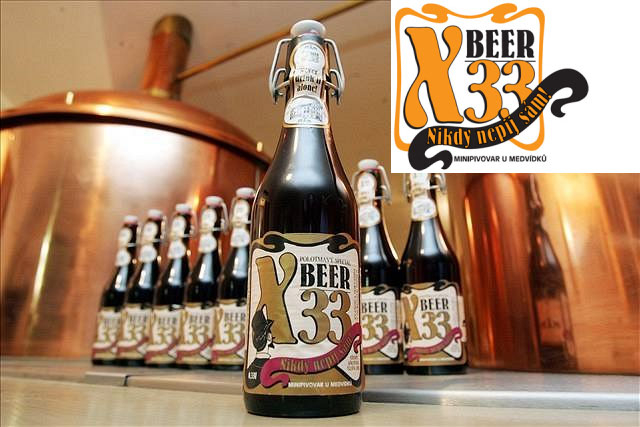
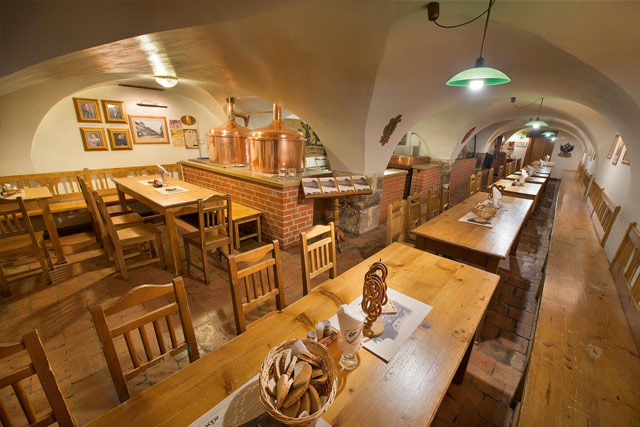

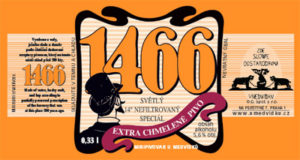
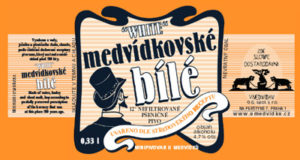
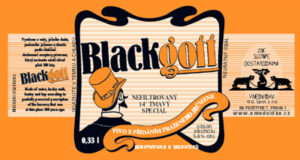
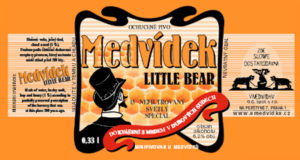
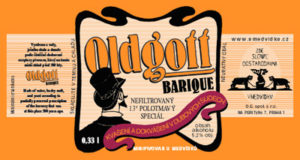
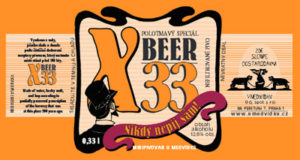
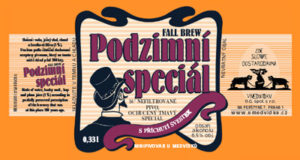
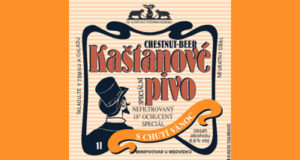
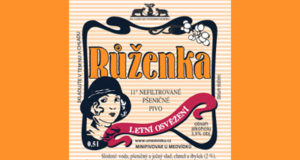
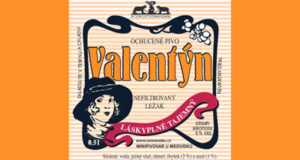
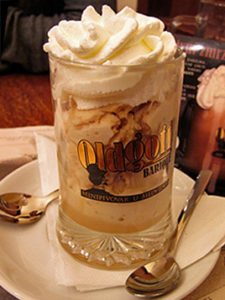
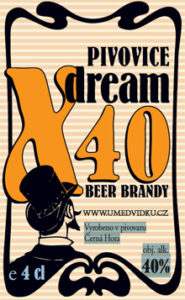
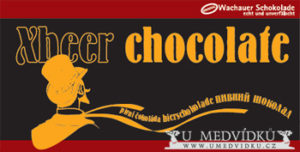
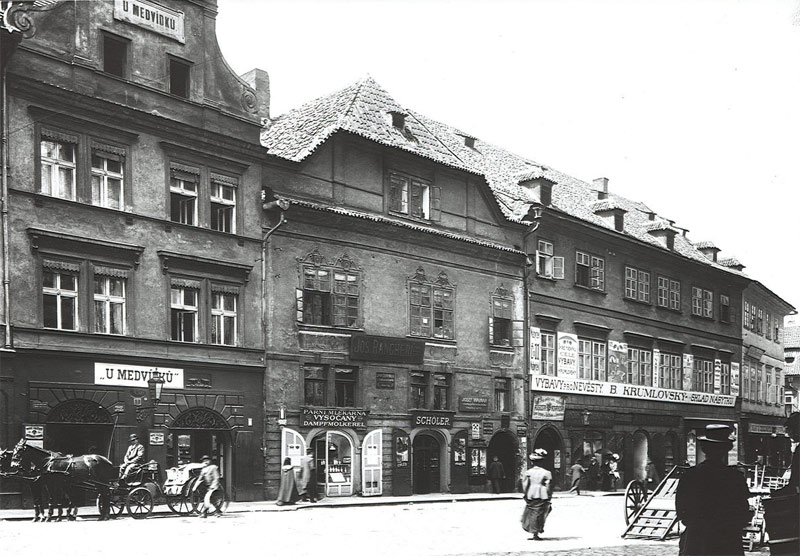
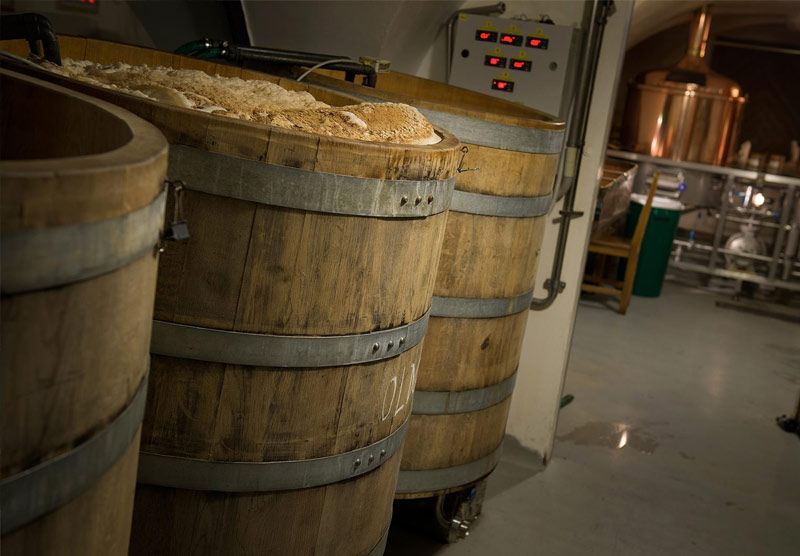
 Hotel, restaurace a pivovar U Medvídků
Hotel, restaurace a pivovar U Medvídků 00420 224 220 930
00420 224 220 930 WIFI FREE |
WIFI FREE | 
